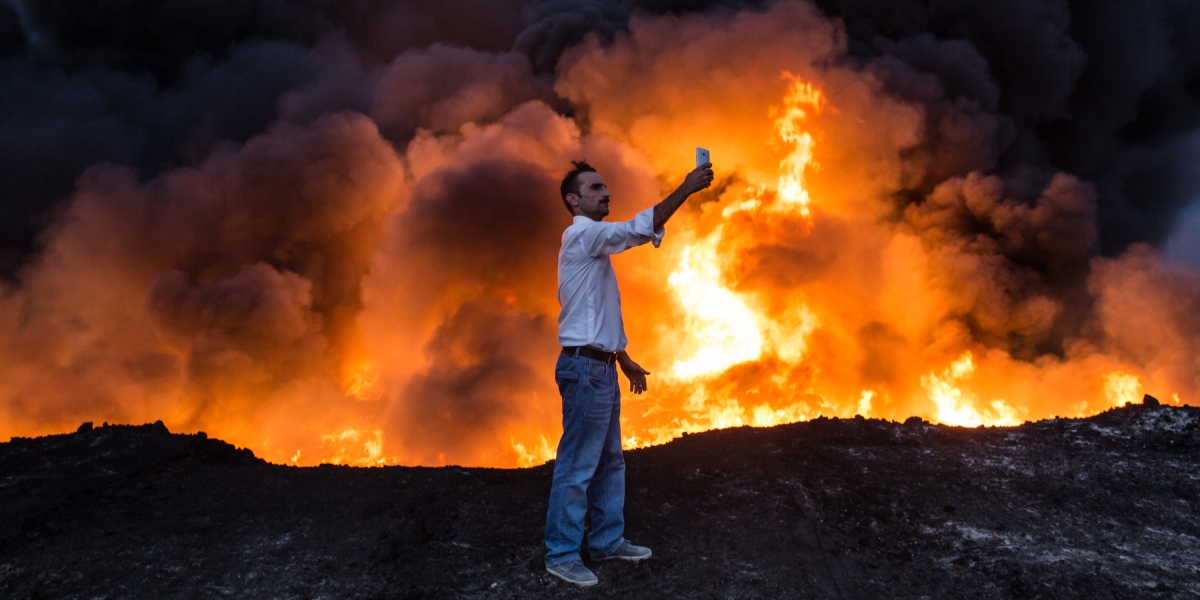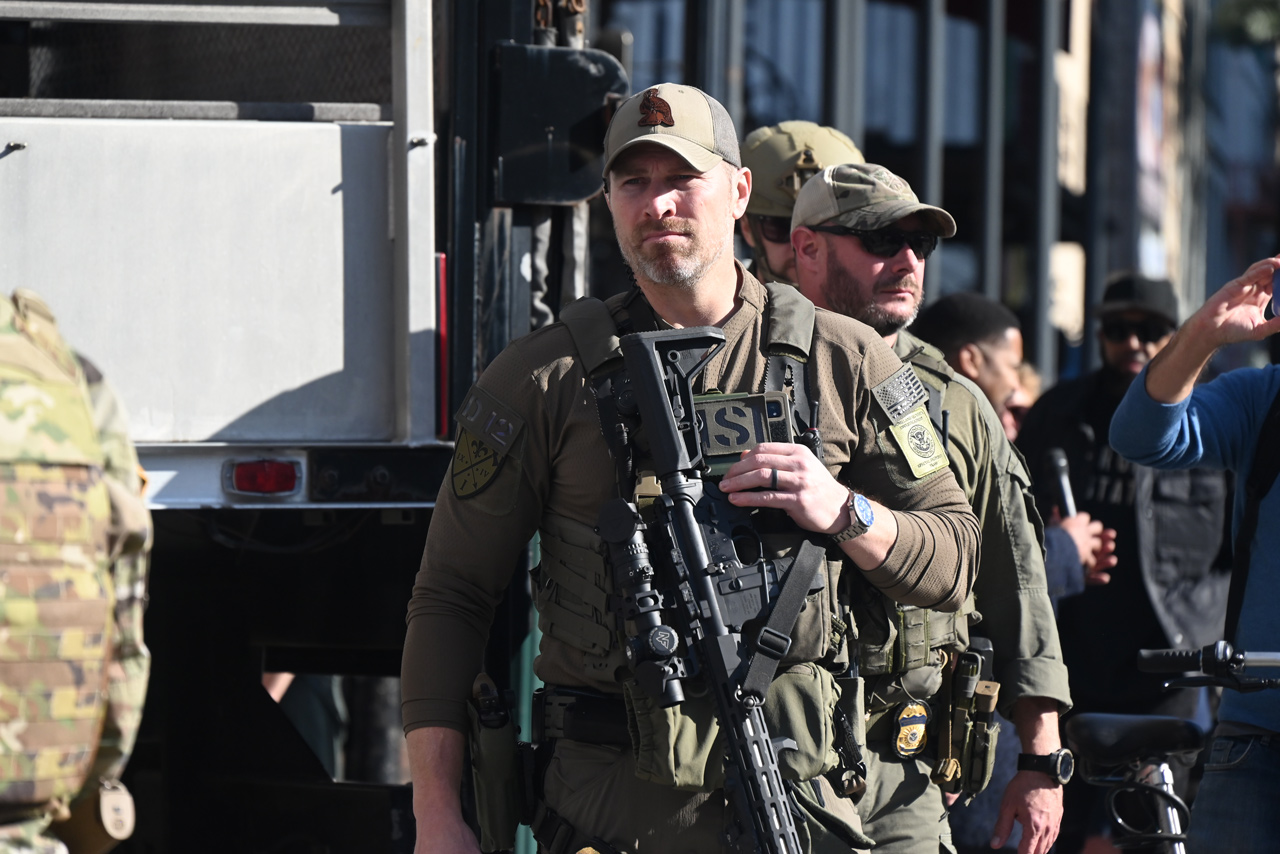A year ago, three main topics were being spoken about in the "struggle with Daesh" program. The first was to eliminate Daesh presence along the Azaz-Jarablus line on Turkey's border with Syria. The second was to take Mosul back from Daesh. And the third was the isolation of Raqqa, followed by its liberation. At this point, the Azaz-Jarablus line has been cleared of Daesh, with Turkey's support. The Free Syrian Army, supported by Turkey, last captured the village of Dabiq, which is of great symbolic importance for Daesh. On the day that Turkey-supported FSA forces took Dabiq, another step was taken in the struggle with Daesh and the Mosul operation began. The aim of the Mosul operation is to take the city away from Daesh. But the most important part of the capture of this city with nearly 1.5 million inhabitants is the question of which actors and what means will be used in order to do so. Possible operational actors entering the field without first coming to an agreement prior to beginning the operation is one of the biggest weaknesses. Because this situation can mean the appearance of hot conflict areas, it can also cause long-term fractures, tensions, and even wars.
For the last few months, there was talk that the Mosul operation might begin in October. We all knew that it would be the US who would decide on the start date of the operation. The main reason behind waiting until October was not about the socio-political balances in Mosul or Tal Afar. That Obama wanted a tangible victory against Daesh on the ground before leaving the presidency was known, and this is the reason behind initiating the operation in the month of October. And, in fact, the start button on the operation was pressed in the middle of October.
For the last two years, the US has been shaping its Middle East politics around the rhetoric of "struggle with Daesh." The Obama administration regarded the Syria crisis, on the whole, as a "Daesh problem" rather than a "problem associated with massacres carried out by the Assad regime." A similar situation is valid for Iraq as well. After the invasion of Mosul, the US has been reading Iraq as a whole through the lens of the "Daesh problem." On the other hand, the Obama administration never embarked on fighting Daesh directly with its own forces. It kept saying that regional countries should assume responsibility. In this process, the US used the YPG, the terror organization PKK's arm in Syria, as "ground forces in the fight against Daesh." But the US' struggle with Daesh has not ended up with any successes worth noting in the past two years. The topic of "struggle with Daesh" only found a tangible base for itself after Turkey took on an active role through Operation Euphrates Shield two months ago.
What happened in the region during the past two years while the US tarried with the rhetoric of struggle with Daesh? Russia descended to the Middle East and came forward with the claim of being a forceful power in the region, just like in Cold War times. Iran increased its area of influence in Iraq and Syria as never before. The de facto divisions in Syria and Iraq took on an even more distinct shape. The region turned into the base of a sectarian war between Sunnis and Shi'a and an ethnic war between Turkmens, Arabs, and Kurds. Anti-Americanism rose to its zenith. Fanaticism and radicalization reached terrifying heights. As of today, we see both regional and global actors as well as sub-state actors coming face to face in Syria and Iraq. We are talking about a series of deep oppositions that cannot be hidden by the artificial alliances that have been formed against Daesh. If the Mosul operation is not managed correctly, these oppositions will turn into conflicts and deep crises from which there will be no return. The operation is currently being led with contributions from the Peshmerga forces and Nineveh guardians from the north of Mosul, and with the Iraqi army units from the south. No one is of the opinion that the operation will be completed in a short time period. This necessitates certain measures: the very careful management of the operation, making sure that new conflicts do not break out among the different actors, and that opposing actors be obstructed from engaging in revenge operations by making use of the vacuum that will occur with long-term effects.
Daesh grew using the sectarian politics that appeared in Iraq and Syria, the vacuum of authority, and the US' mistaken policies. It is necessary to see that there is no sense to struggling with Daesh while insisting on these mistaken policies. Use of groups such as Hashid Shaabi, who will only instigate sectarianism, or actors such as the Counterterrorism Unit in Iraq, or the PKK and terror organizations connected to it, will only bring greater bloodshed and Daesh recreating itself in new forms. Secondly, the Mosul and Tal Afar operations should not cause new civilian massacres, as happened in Fallujah with the US. Throughout the operation and after it, ethnic cleansing and demographic engineering are the greatest threats that will have to be faced. Within this framework, it is also necessary to prevent the opportunist politics of groups such as the PKK and Hashid Shaabi.
[Daily Sabah, October 21, 2016]









